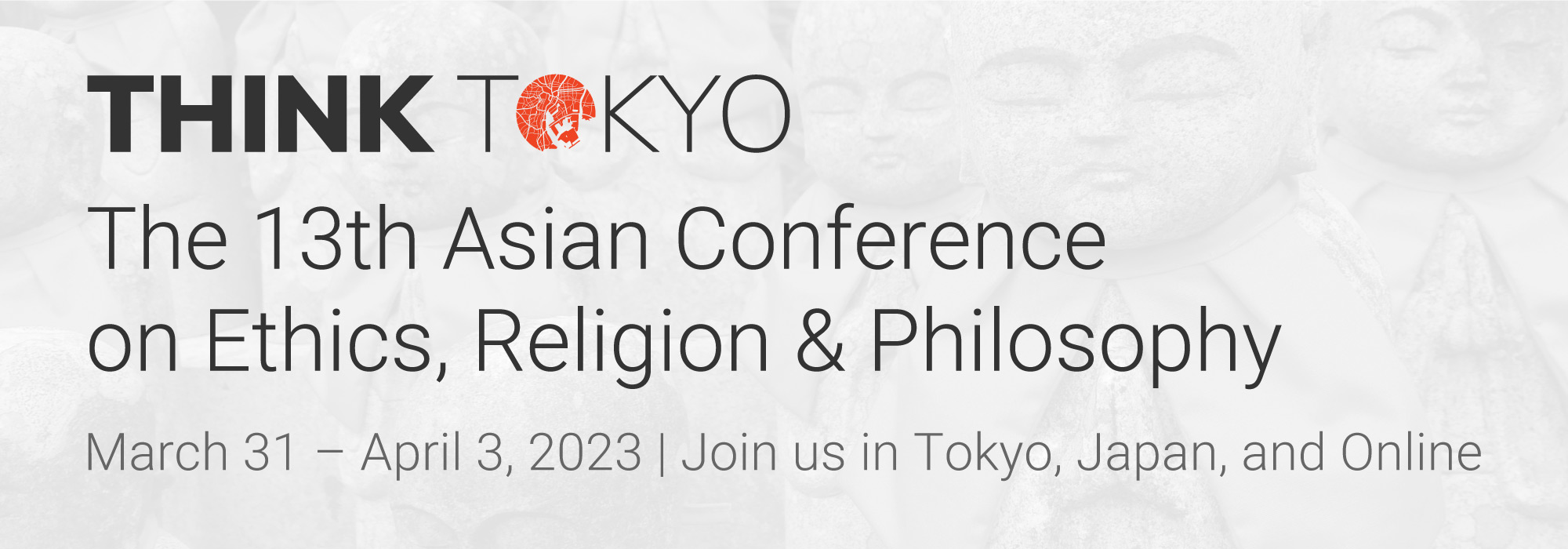Presentation Schedule
Understanding What People Value in Psychological Services and the Acceptability of Digital and Non-digital Treatments From People With Depression (67539)
Session Chair: Ying Wai Bryan Ho
Saturday, 1 April 2023 09:55
Session: Session 1
Room: Room 704
Presentation Type:Oral Presentation
This study aimed to understand users’ perspectives towards different depression treatments, especially on the novel E-services.
113 participants with depression were asked to rank the importance of 15 psychological service attributes and rate how various depression treatment options satisfy their expectations. Survey also assessed potential predictors of adoption. Most of the participants were aware of the existence of E-mental health services. Effectiveness was ranked as the most critical service attribute. Digital mental health services met users’ expectations to the same extent as non-digital mental health services for most of the service attributes. Digital mental health services outperformed face-to-face psychotherapy in fulfilling users’ expectations on waiting time, cost, timely support, anonymity, transportation cost, and flexible time in service provision. Yet, repeated measure ANOVA showed that participants considered face-to-face psychotherapy as the most effective treatment. Tele-mental health services were perceived as less effective, F (6,104) =24.78, p<.001. Nevertheless, participants indicated a similar likelihood of using face-to-face psychotherapy and Internet-based psychotherapy in the future. Mobile app services, bibliotherapy, and medication were the least likely to be adopted. Regression analysis showed that E-readiness predicted the likelihood of use of Internet-based psychotherapy, and awareness did not predict its future likelihood of use. While the effectiveness of face-to-face psychotherapy was equivalent to that of Internet-based psychotherapy, this study showed it was not the same case from consumers’ perspectives. Future implementation work on E-service may consider de-buffing the misconception on the effectiveness of E-service, promoting its service strength, and improving users’ E-readiness.
Authors:
Larry Auyeung, The Chinese University of Hong Kong, Hong Kong
Ella Tsang, StoryTaler, Hong Kong
Winnie Mak, The Chinese University of Hong Kong, Hong Kong
About the Presenter(s)
Mr Larry Auyeung is a University Doctoral Student at CUHK in Hong Kong
See this presentation on the full schedule – Saturday Schedule





Comments
Powered by WP LinkPress